Introduction to Mental Health and its Importance
Table of Contents
Mental Health is as important as physical health however it is often ignored and stigmatized. The World Health Organization (WHO) defines Mental Health as “a state of mental well-being that enables people to cope with the stresses of life, realize their abilities, learn well and work well, and contribute to their community.” Our mental health affects our ability to make connections with those around us and to make decisions. In the UK, approximately 1 in 4 adults have a mental health problem each year. In the UK the most common issues are depression, anxiety, bipolar disorder, eating disorders and post-traumatic stress disorder (PTSD).
Signs and Symptoms
Signs and symptoms of mental health issues include:
- Withdrawing from social activities
- Feeling sad, down, or hopeless
- Feeling anxious or worried
- Having trouble sleeping
- Having trouble concentrating
- Feeling tired or lacking energy
- Changes in appetite
- Thoughts of self-harm or suicide
Ways to Improve Mental Health
Ways that you can improve your mental health are:
- Getting regular exercise, eating a healthy diet, and getting enough sleep – looking after yourself is important. Poor mental health can create chronic physical health conditions. Also, poor physical health can also lead to poor mental health. Therefore, you can’t look after one without the other.
- Avoiding smoking and excessive alcohol consumption – alcohol is known to be a depressant and can make your mental health problems worse or lead to an addiction. Smoking can cause physical health problems which can lead to mental health problems.
- Spending time with loved ones – This helps build supportive connections and improves our well-being. This can be with friends, family, or other positive social groups.
- Spending time in nature – research has shown that spending time in nature (walking in the woods, by a river or going to the park) can have a positive impact on our mental wellbeing.
- Managing stress by mindfulness activities including meditation, tai chi or yoga helps you to be in the present moment without judgement.
- Find a hobby – learning something new helps to keep the brain engaged and focussed on something else more positive. Also, being creative can help to relieve stress.
- Seeking professional help if needed. This can be via your GP, NHS Mental Services, and charities such as Mind, Samaritans, and Rethink Mental Illness
Everyone is an individual and what works for a friend or relative may not work for you. You may also need to try a few different options before you find something that works for you.
A Global Perspective
On a global scale, 1 in 7 adolescents have mental health problems. Among the leading causes of illness and disability in this group are depression and anxiety. We need to openly discuss mental health issues so that we can remove the stigma attached to it and help to stop people being discriminated against. This will also help when mental health services are being planned and policies and laws are being created. The theme this year is “Our Minds, Our Rights”. Good Mental Health is a basic human right for every person on this planet and it is not just important to us personally but also to our communities and to economic development. Next time you ask someone “How are you?” and they say “OK” or “Fine” try to delve a bit deeper to see if this is actually the case.
REFERENCES
THANK YOU
Thank you for Reading our World Mental Health Day blog!
If you enjoyed reading this article, please check out our other Blogs
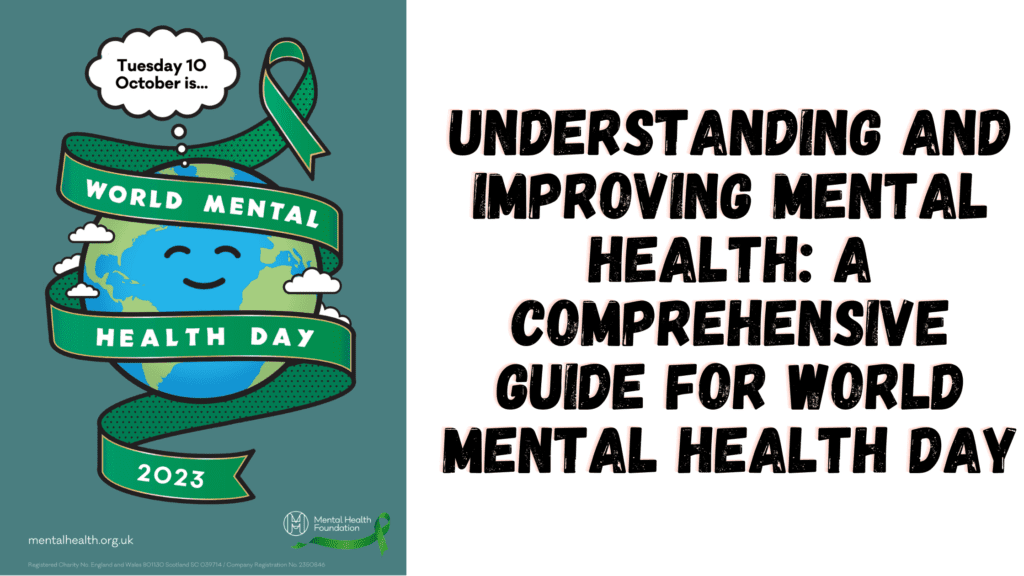


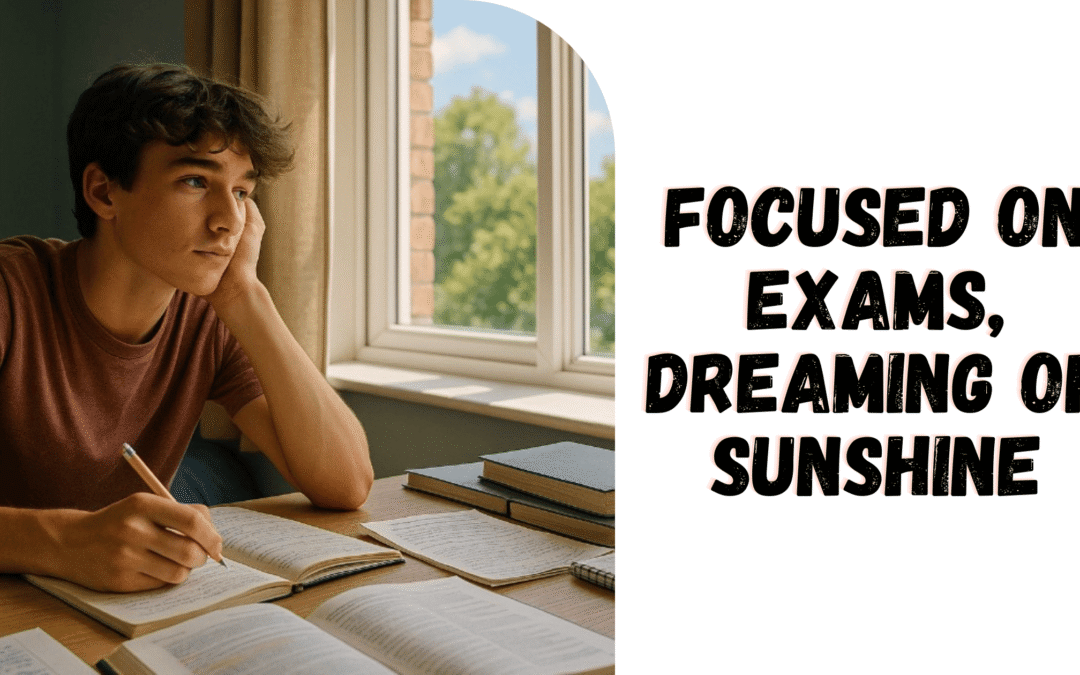
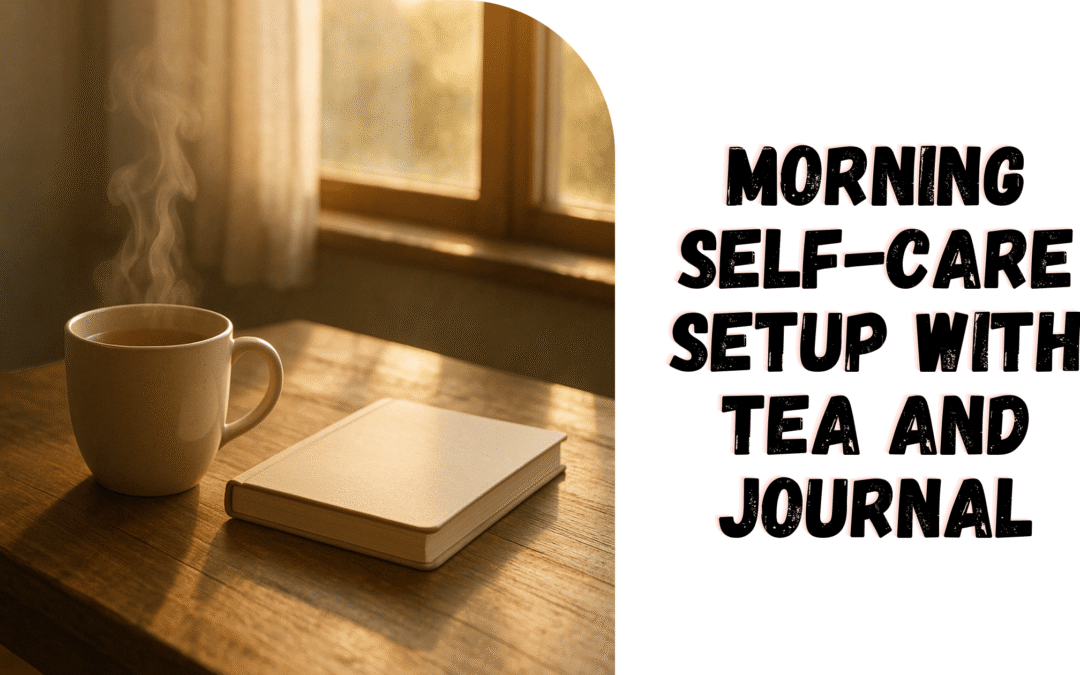
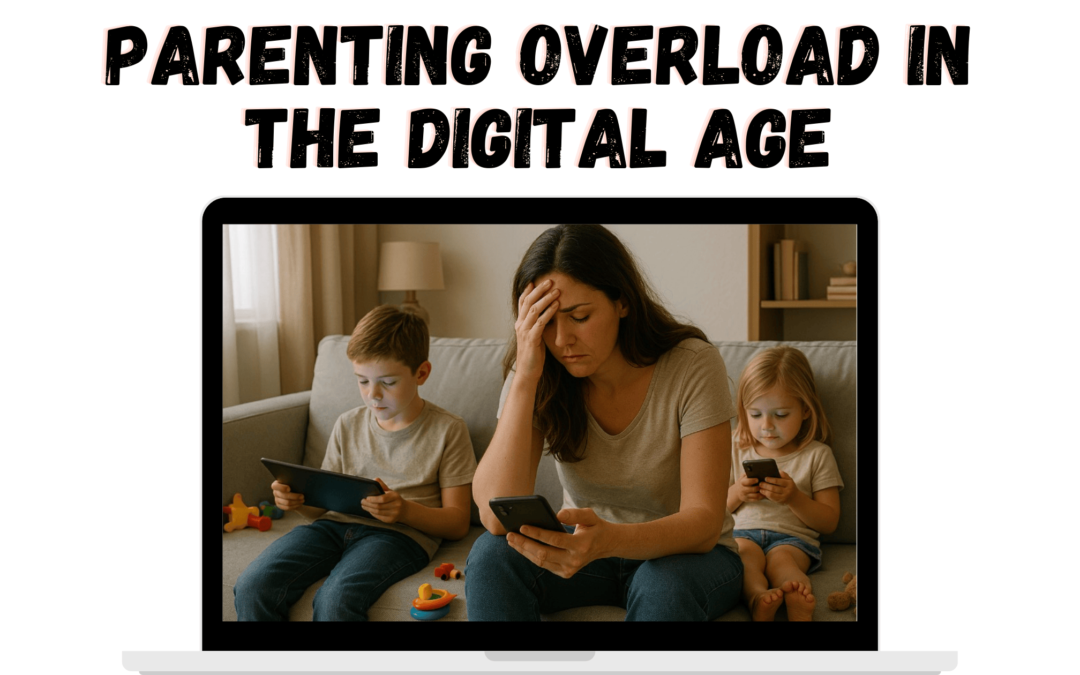
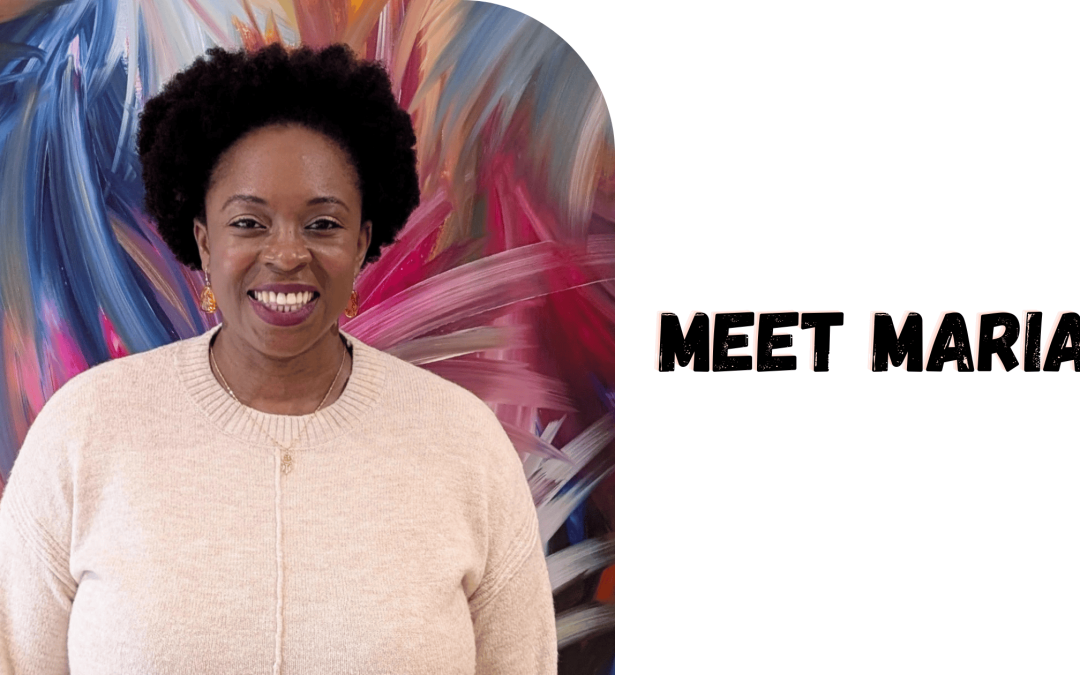








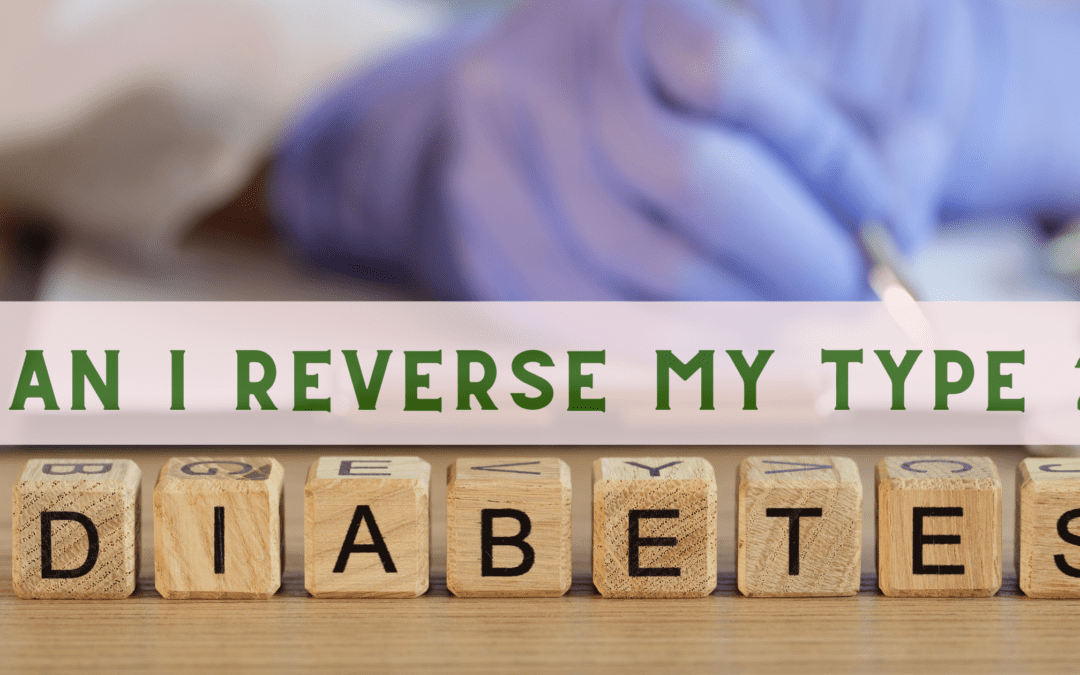





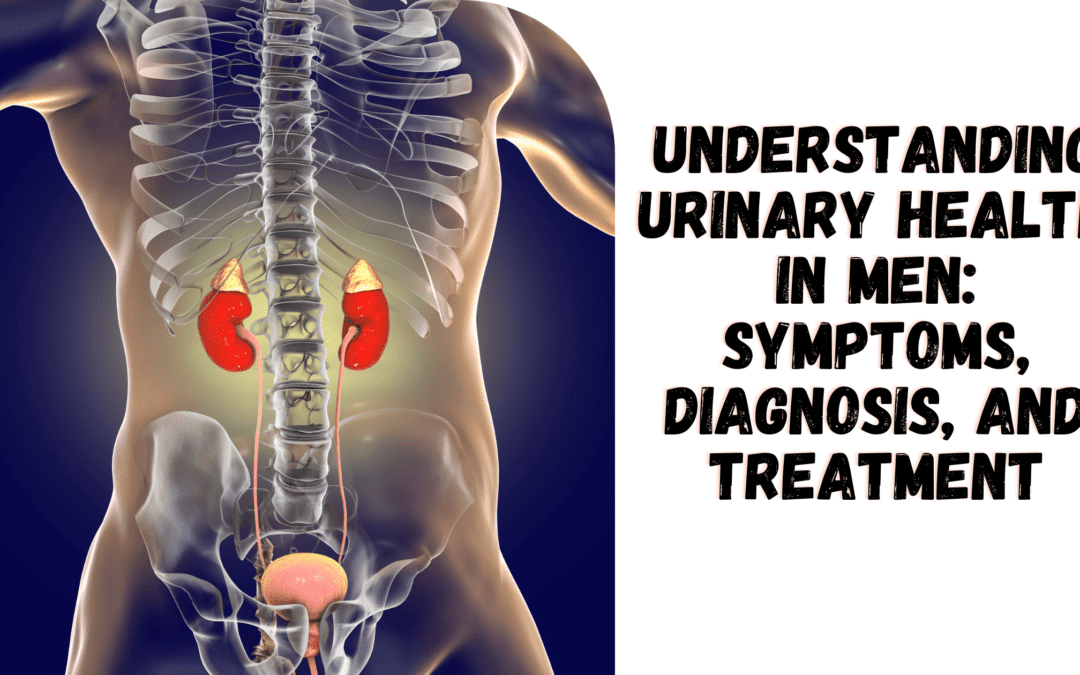

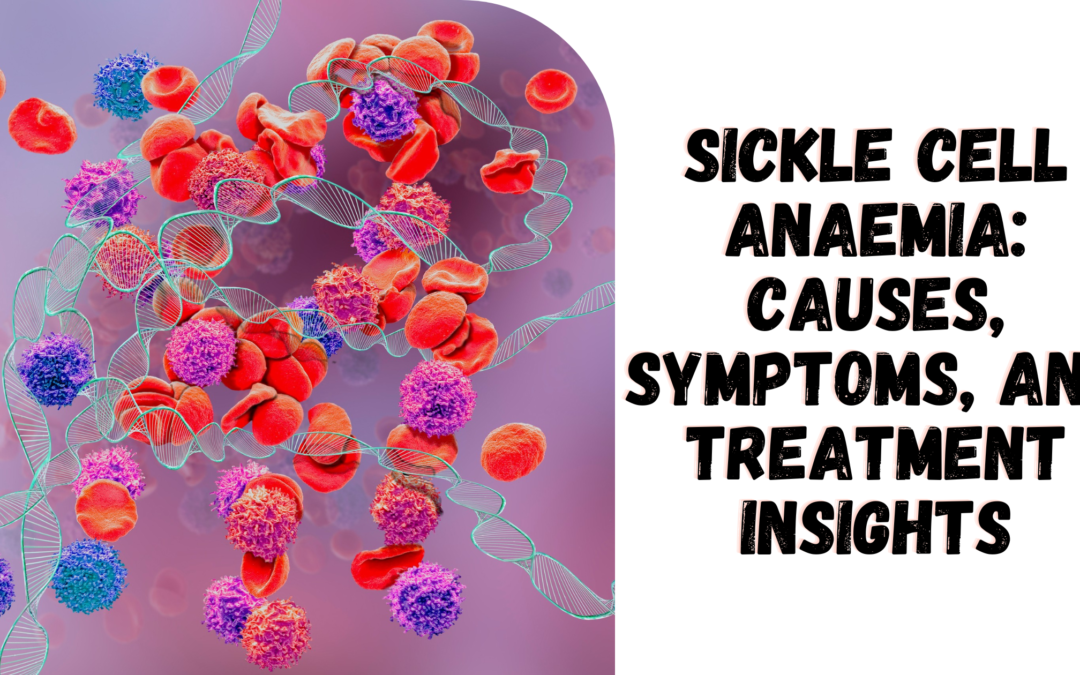
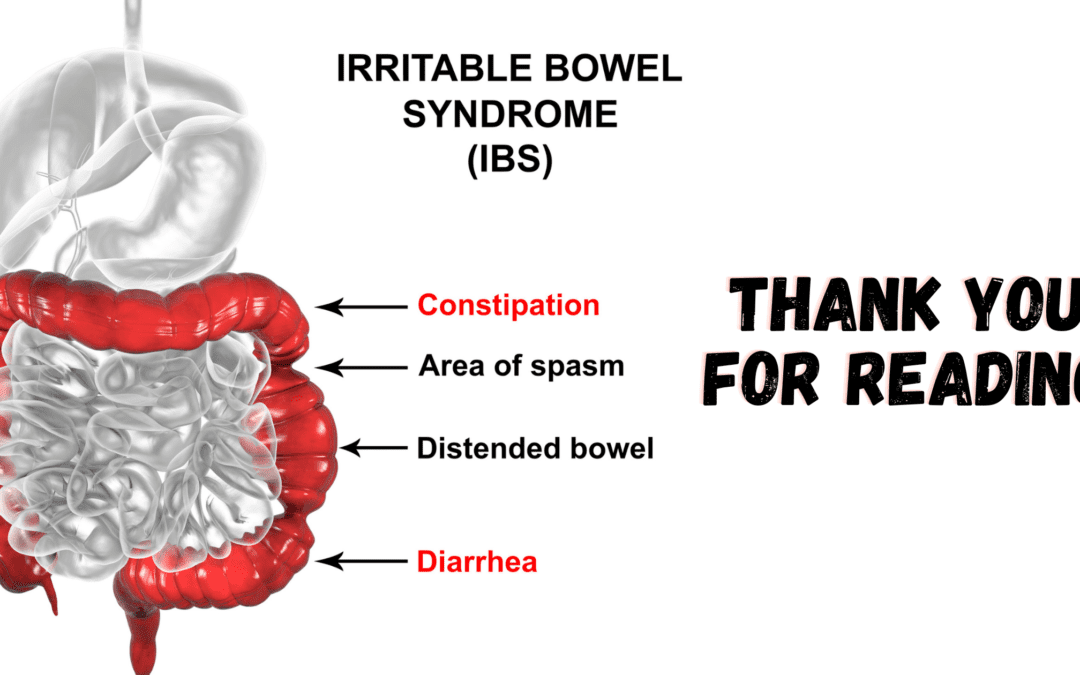
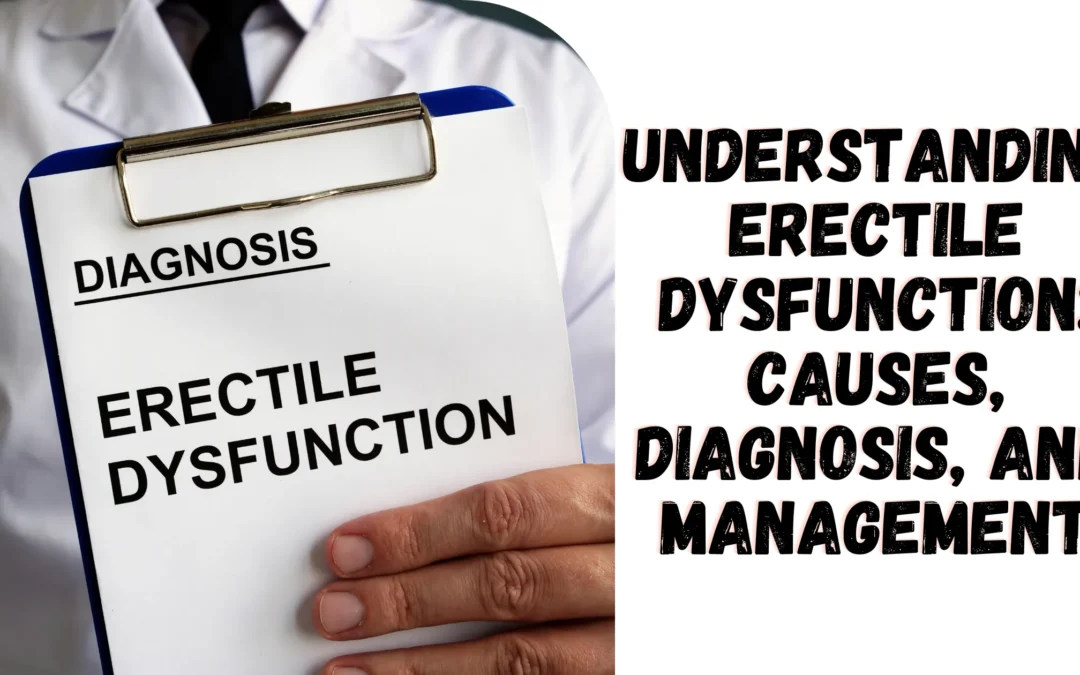

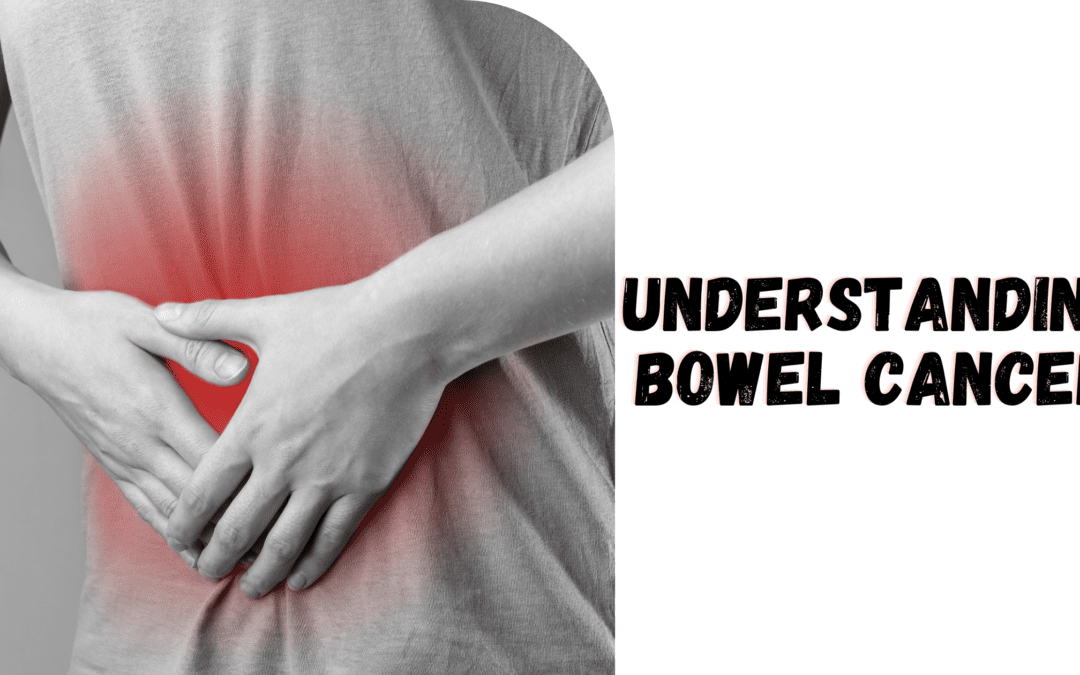

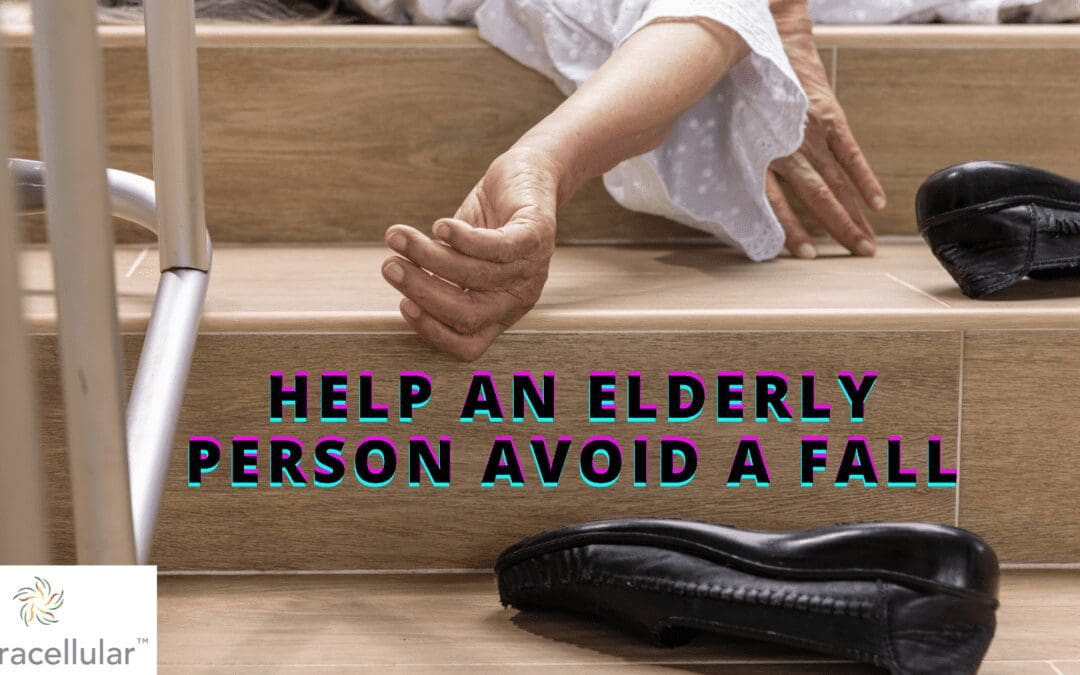




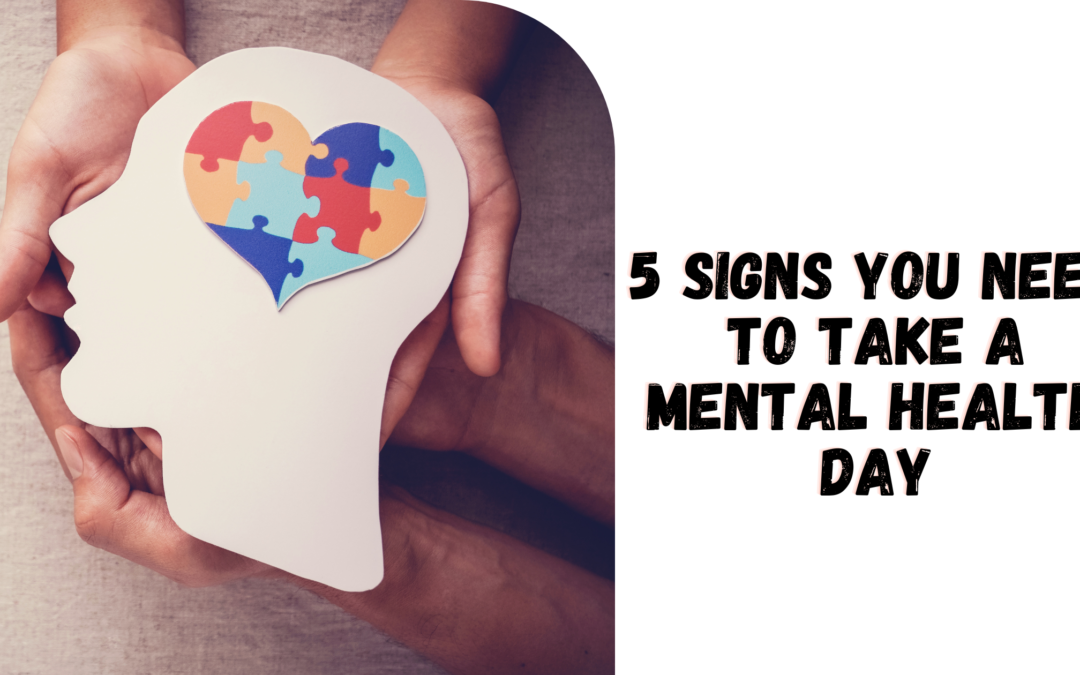


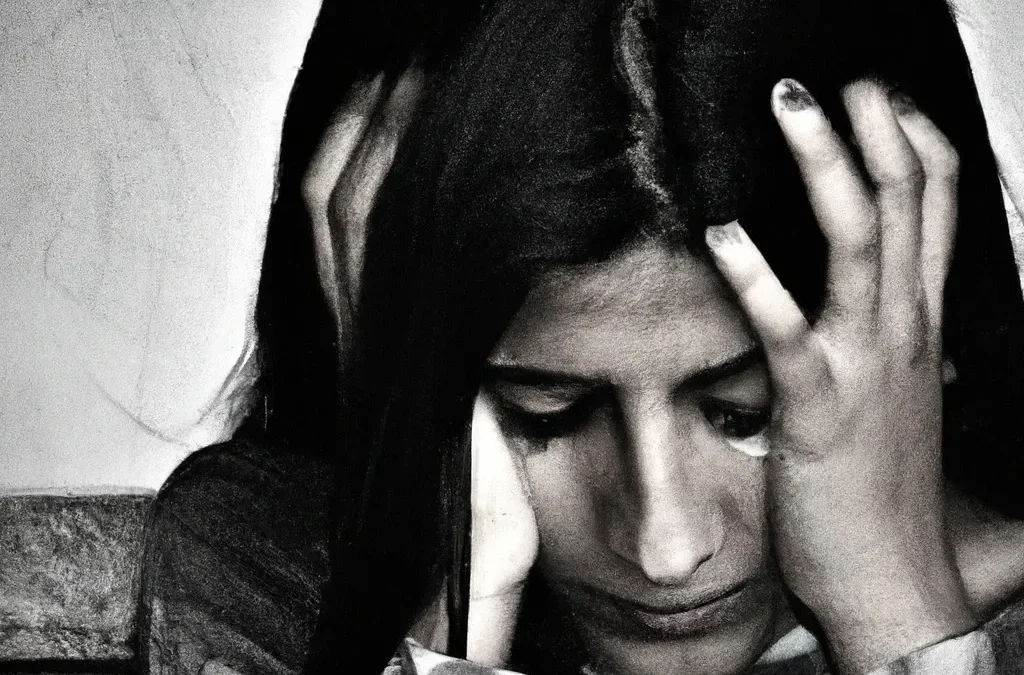
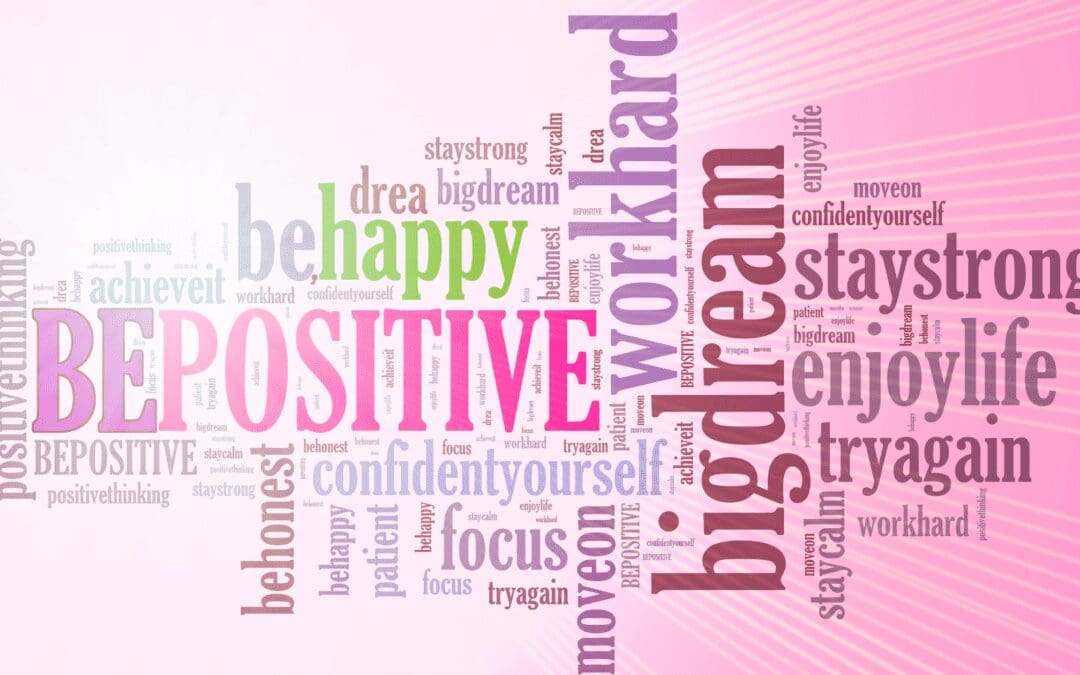



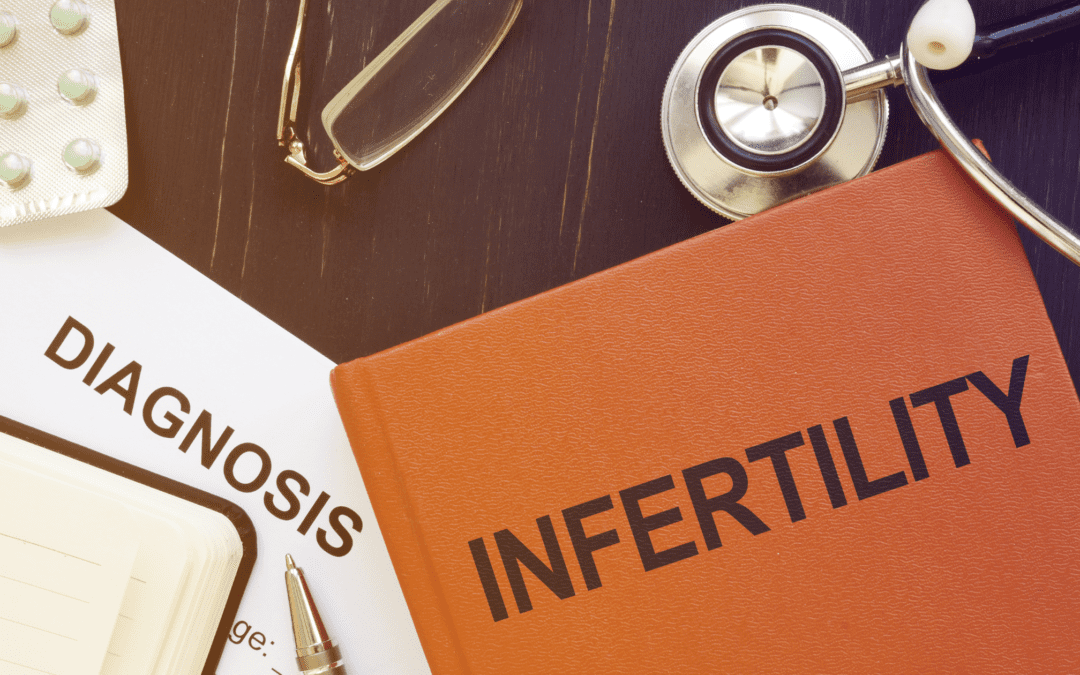



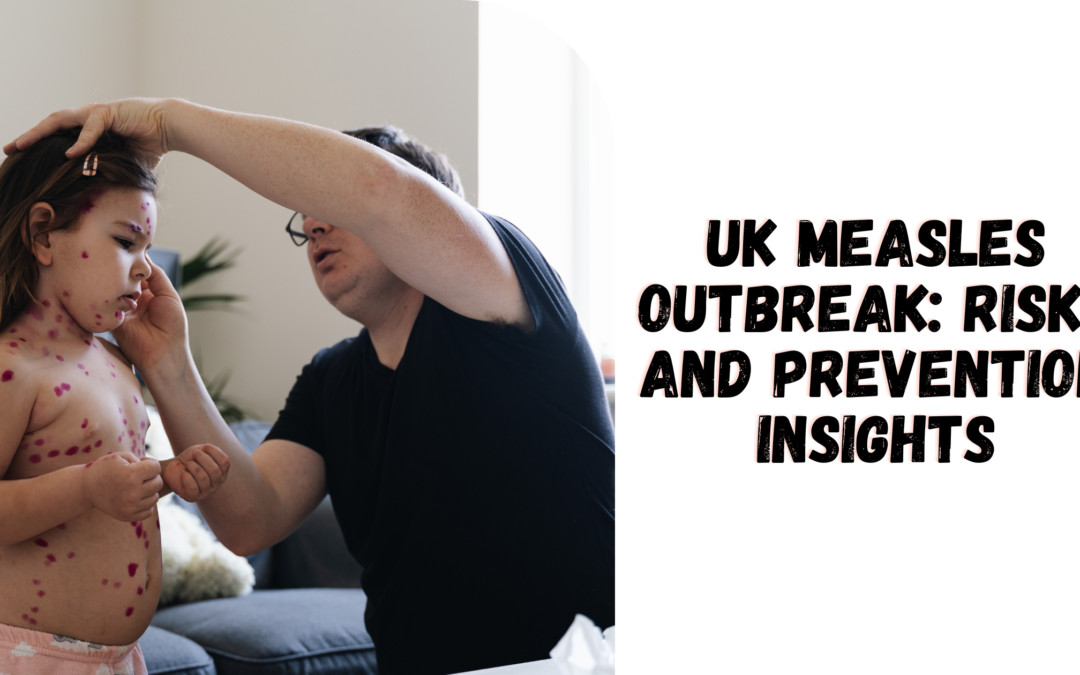
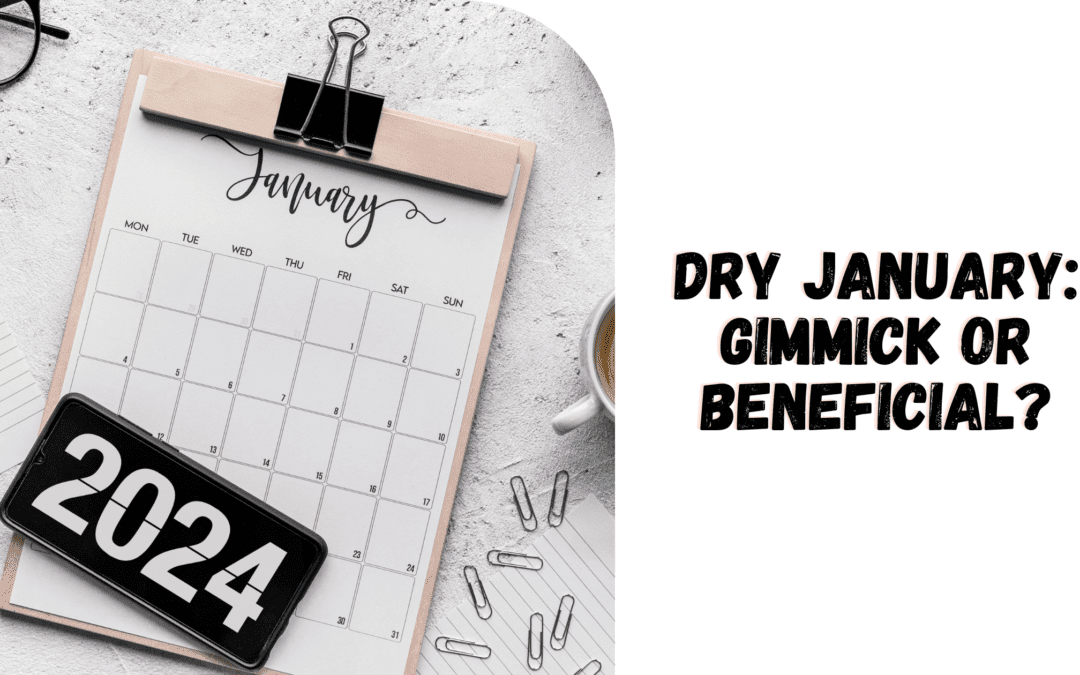
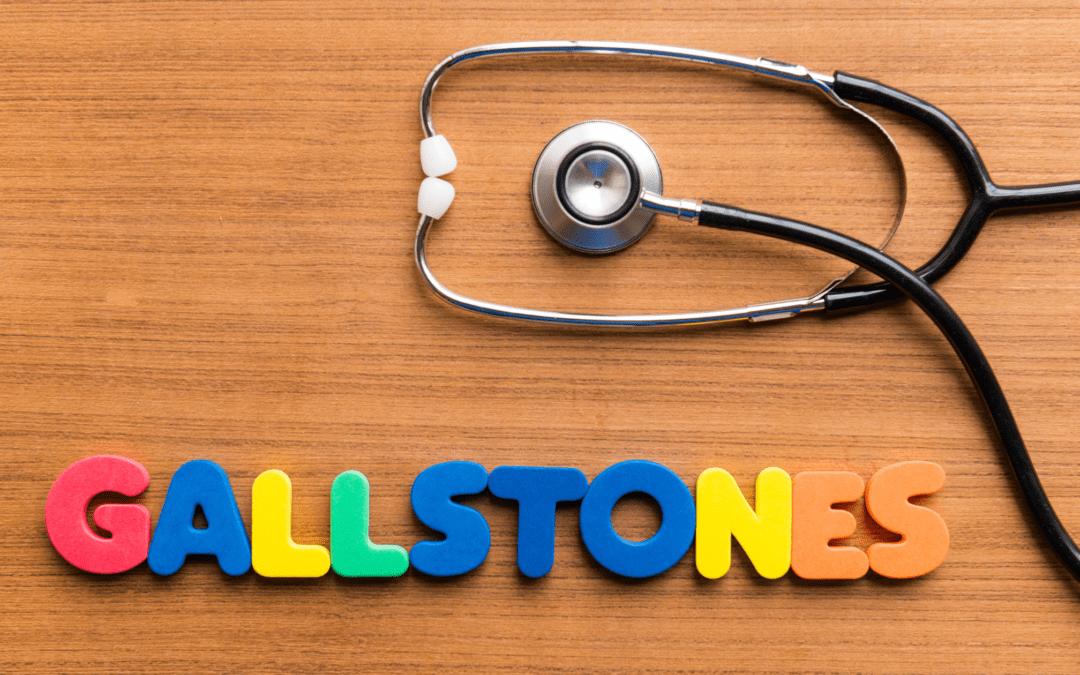


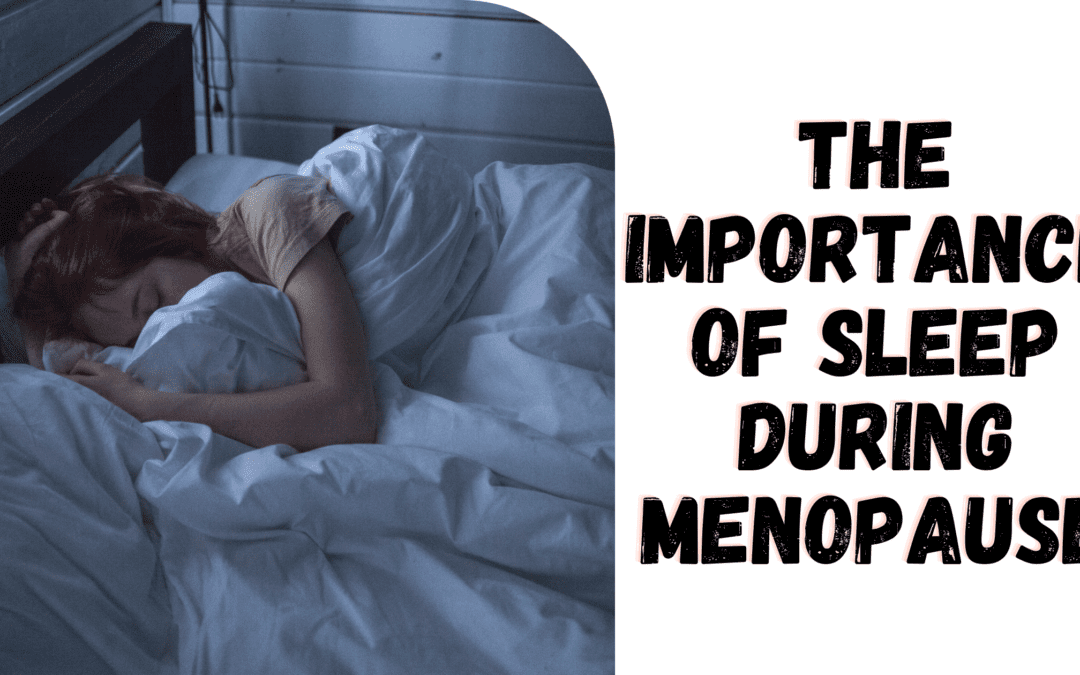
0 Comments